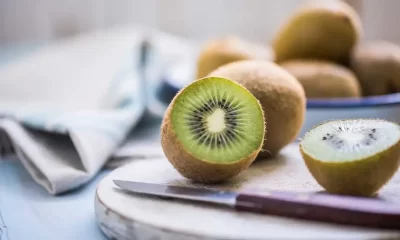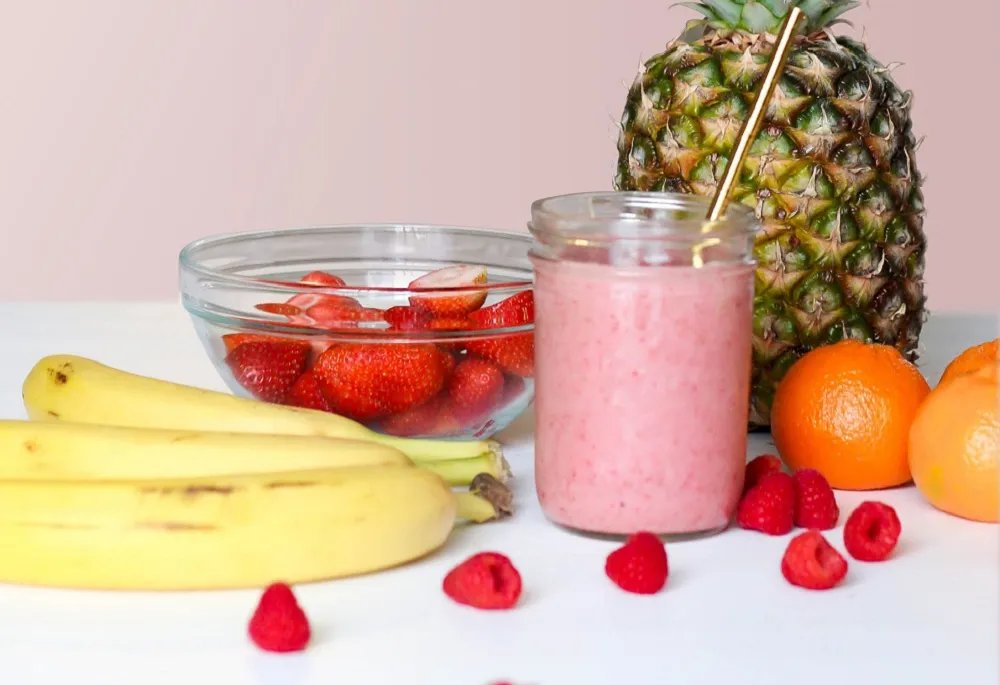Health benefits of Juice
Can We Eat Oranges During Periods?

Health benefits of Juice
Can We Eat Egg And Fish Together
Health benefits of Juice
Amazing Benefits Of Drinking Orange Juice Daily For Skin, Face and Body
Health benefits of Juice
5 Juice For Kidney │What Is The Best Juice To Drink For Your Kidneys?
-

 Fruits8 months ago
Fruits8 months agoMosambi (Sweet Lime)- Health Benefits, Nutritional Facts, Calories and Best time to drink Mosambi juice
-

 Fruits8 months ago
Fruits8 months ago17 Best Foods For Hair Growth And Hair Regrowth: What To Eat, Drink & Avoid
-

 Fruits8 months ago
Fruits8 months agoEating Kiwi At Night Is Good Or Bad?
-

 Fruits8 months ago
Fruits8 months agoIs Eating Grapes at Night Good or Bad? Know the Benefits, Drawback and Grape Snacks
-

 Fruits8 months ago
Fruits8 months agoEating Pineapple at Night is Good or Bad? Know the Right Answer
-

 Vegetable8 months ago
Vegetable8 months ago30 Vegetables That Can Be Eaten Raw
-

 Fruits8 months ago
Fruits8 months agoWhich Fruit Is Best For Skin Whitening
-

 Fruits8 months ago
Fruits8 months agoEating Banana At Night Is Good Or Bad? Know The Right Answer












